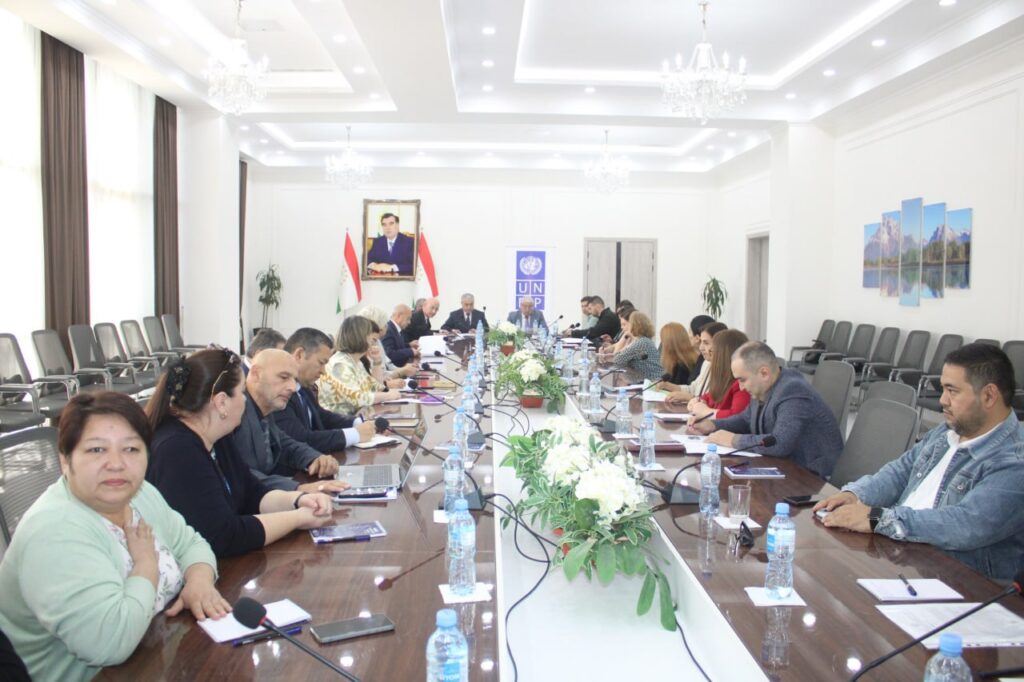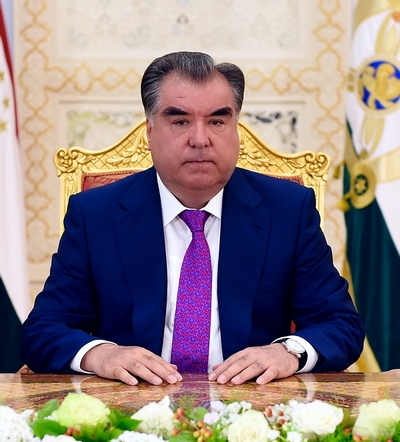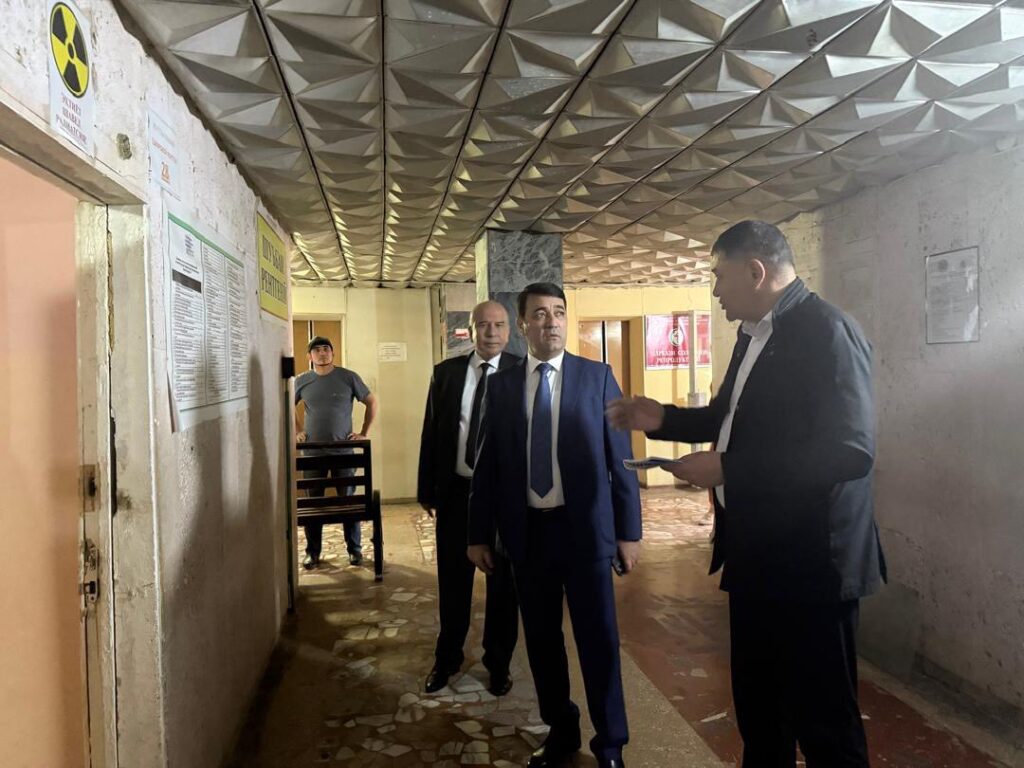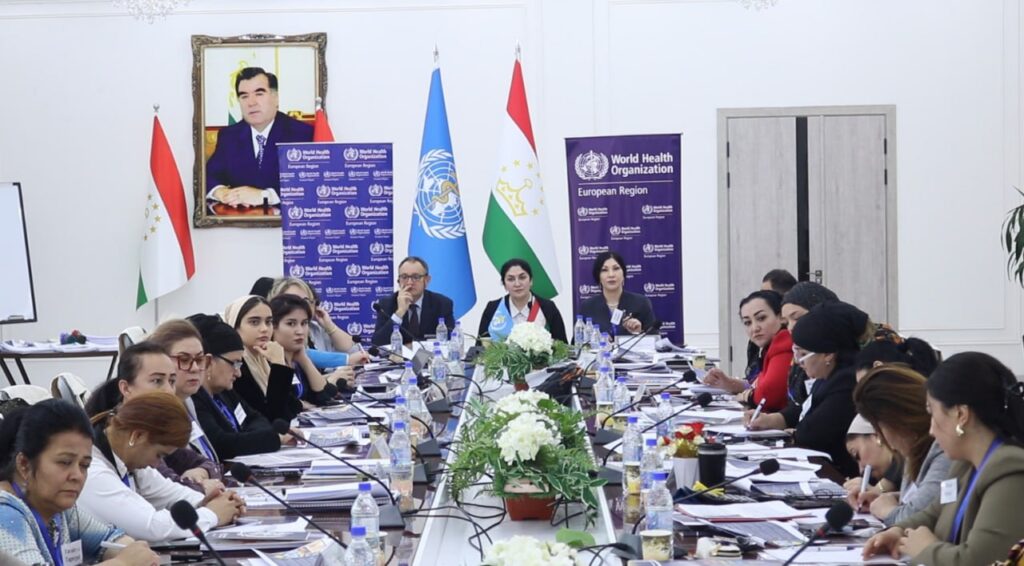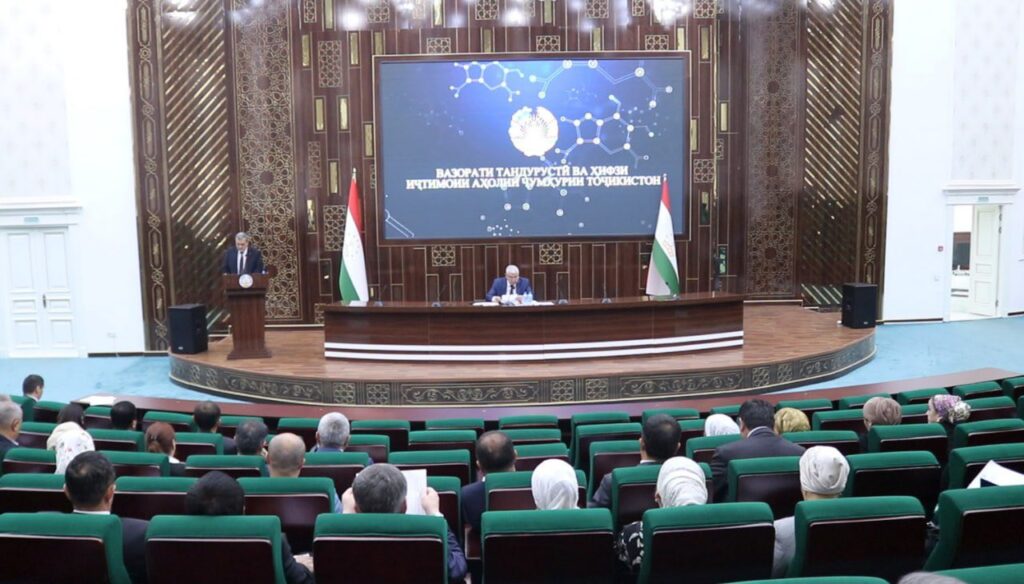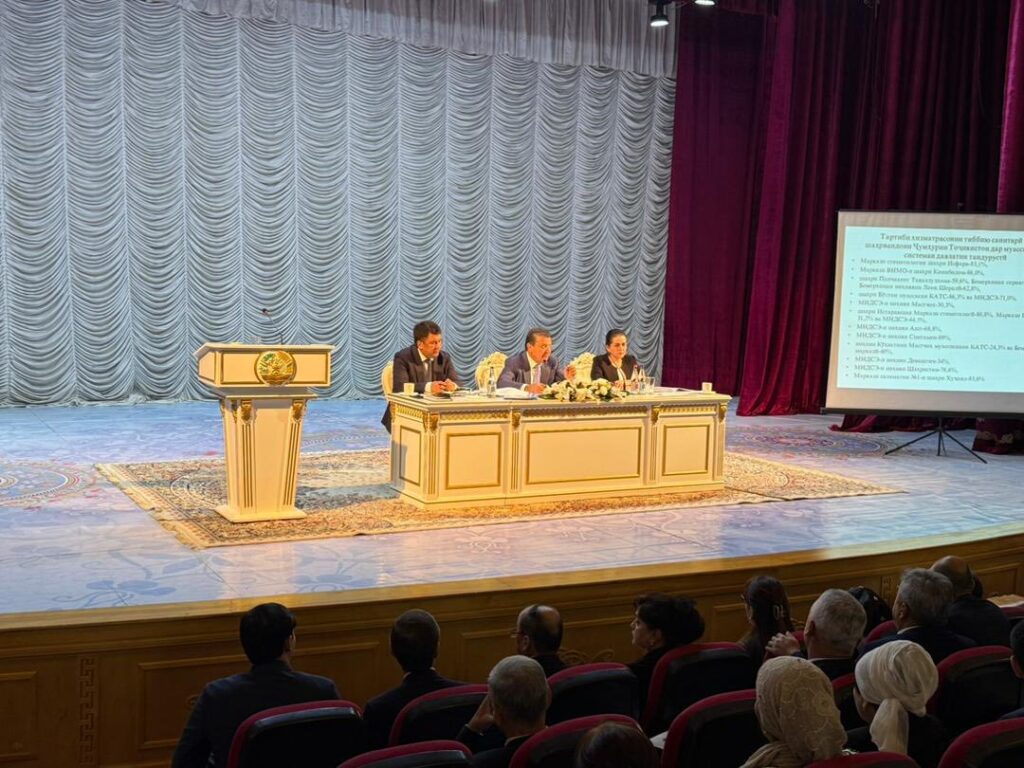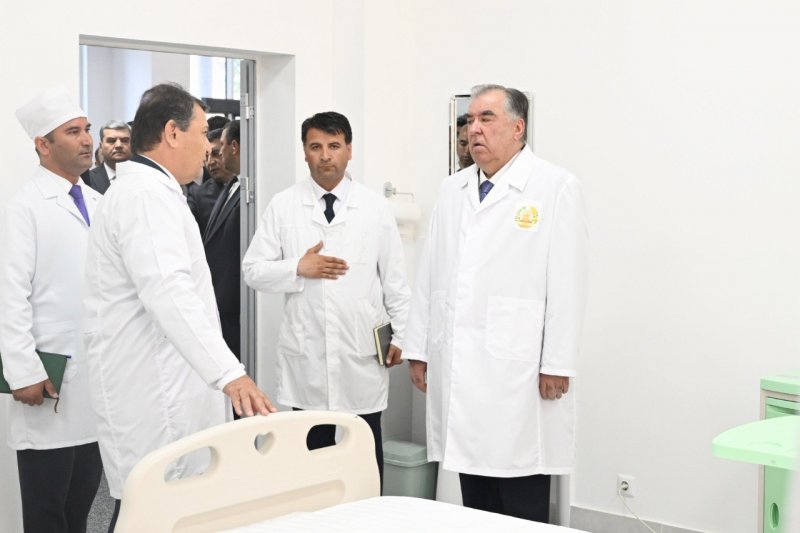On October 23, the Ministry of Health and Social Protection of the Population of the Republic of Tajikistan held a working meeting on the topic “Implementation of Projects under the State Social Order for the Provision of Social Services and Assistance in the Areas of HIV/AIDS and Tuberculosis, and Strengthening Cooperation between State and Non-Governmental Institutions.”
The meeting was attended by Deputy Minister of Health and Social Protection of the Population Abdukholiq Amirzoda, Secretary of the National Coordination Committee on Combating HIV/AIDS, Tuberculosis, and Malaria Ziyovuddin Avgonov, representatives of relevant state bodies, civil society organizations, and health experts.
Opening the meeting, Deputy Minister Abdukholiq Amirzoda emphasized that one of the key requirements of the Global Fund, the main donor of these programs is to ensure the long-term sustainability of interventions. Alongside this, the systematic involvement of non-governmental organizations (NGOs) in delivering social and preventive services to vulnerable groups remains a priority.
It was noted that while in the early stages state funding covered only one NGO, by 2025, three non-governmental organizations have already begun implementing state-funded projects in the fields of HIV/AIDS and tuberculosis through the social contracting mechanism. This marks a significant step forward and a clear indication of the positive political trend toward expanding cooperation with the non-governmental sector.
The key and effective role of NGOs in reaching vulnerable populations, providing assistance, counseling, treatment guidance, and social support was widely acknowledged. Furthermore, national standards for social service delivery for people living with HIV and tuberculosis patients have been developed and approved — an important milestone in the institutionalization and recognition of social services as an integral part of the national response to these diseases.
The meeting concluded with a discussion and exchange of views on the implementation of the state social order mechanism and ways to further strengthen collaboration between state institutions and civil society organizations in providing social support and care for people affected by HIV/AIDS and tuberculosis.
